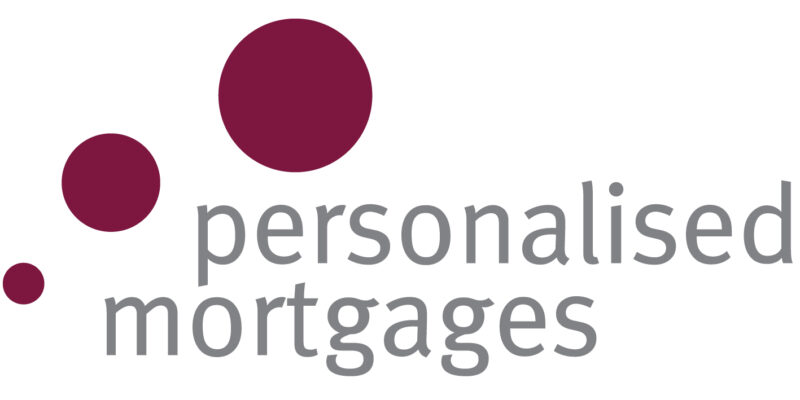Navigating a home loan application as a self-employed individual has its own set of challenges – but is often very do-able!
Banks typically need more documentation from self-employed individuals to verify income. The starting point is usually least two years of financial statements, including 1) a balance sheet which shows the businesses financial position, and a profit & loss statement which show’s income generated by the business. These financials typically need to be supported by the appropriate personal and company tax returns.
If the business has more than a year of trading but not quite at the 2 year mark yet, sometimes the bank will accept a forecast to show projected earnings. This is case and by case, depends on the business and how far through the financial year you are, whether the forecast is realistic and supported by some actuals, and can be sensitised by the banks when assessing it.
If you’re a contractor with irregular income, having a proven income history is typically required to secure mainstream lending support. However, specialist lenders can be a great alternative, offering more flexibility and understanding of unique financial situations.
Beyond income proof, lenders also want to see a realistic household expense budget reflecting your actual spending habits. We can work closely with you to understand which expenses are essentially fixed or consistent each period, and which expenses are discretionary in nature and can potentially be excluded. Also as a business owner, it’s possible that expenses such as vehicle and phone costs are paid for by the business rather than yourself personally which reflects in your taxable earnings, so we wouldn’t double count those expenses.
Banks also take into account business debts when assessing your ability to get a residential loan, whether it’s for a home or investment property. This is true even if the business is covering those debts or a portion is allocated based on shareholding.
In summary, being self-employed doesn’t mean you can’t get a mortgage—it just means a bit more preparation and paperwork. By knowing what lenders expect and considering all options, including non-bank lenders, you can boost your chances of securing the mortgage you need.

